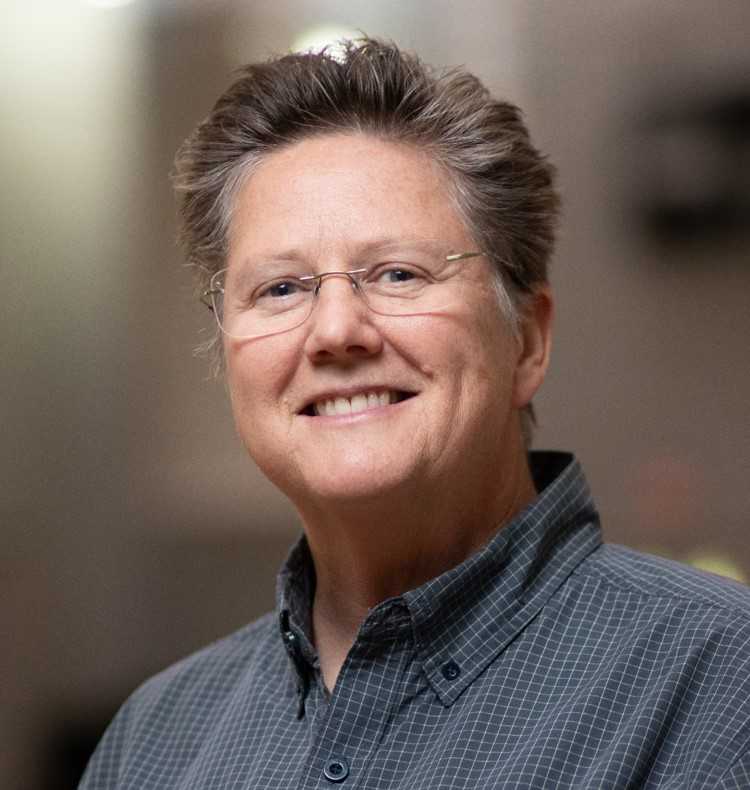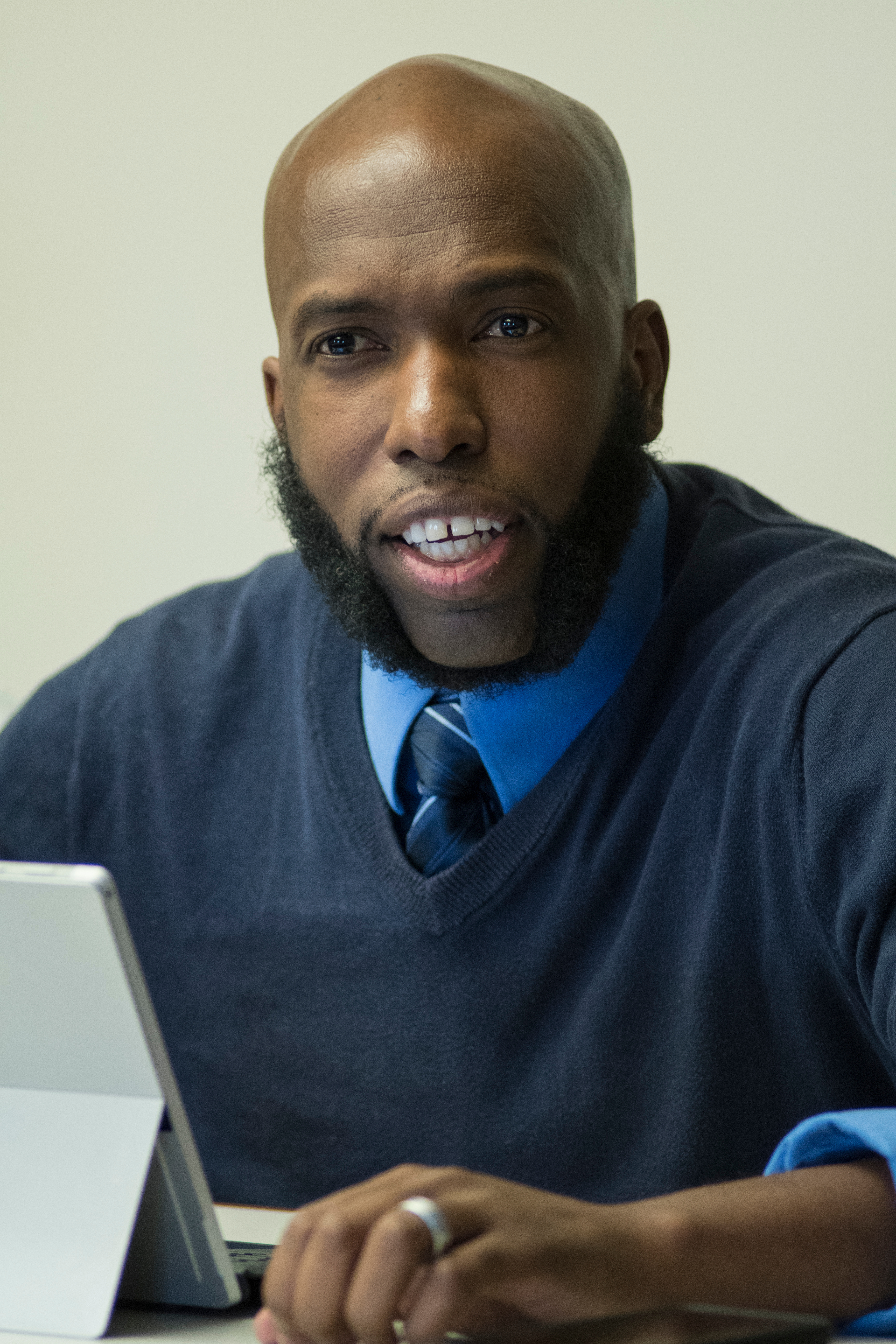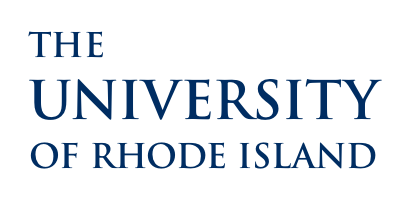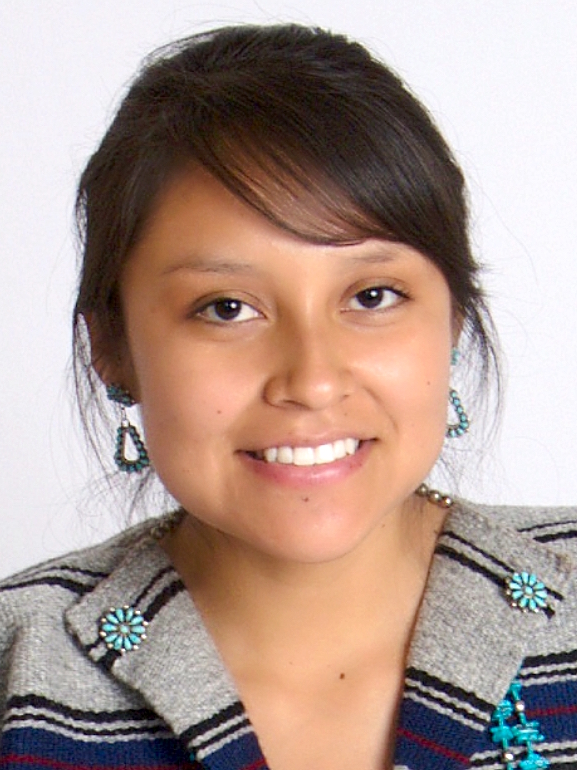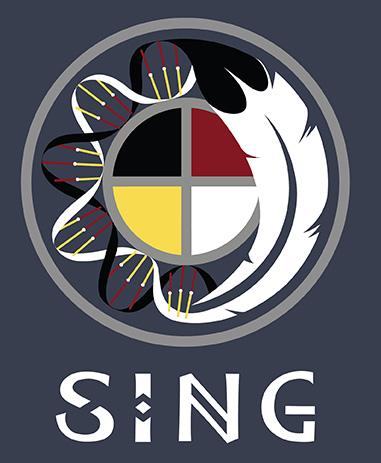These presentations will occur throughout the week of the Summer Workshop. Check back often for updates and materials.
Interconnections in The Open Ecosystem
Version: 1.0
Karen Cangialosi is Coordinator of Faculty Enrichment and Professor of Biology at Keene State College. She also serves as the KSC Open Education Faculty Fellow where she facilitates an Open Pedagogy Faculty Learning Community, and is co-leader of KSC Open, a Domain of One’s Own campus project. Karen spearheaded a movement to replace traditional textbooks with OER and other freely available resources for almost all KSC biology courses; and she incorporates methods of Open Pedagogy in all of her own courses. Because she believes that scientific investigation, like education, should be transparent, widely collaborative and designed to serve the public, she is working on integrating the principles and practices of Open Science into the undergraduate biology curriculum. She also runs a coral reef monitoring program in the Turks and Caicos Islands, and a research program on the behavioral ecology of spiders in Keene, NH. More info can be found at Karen’s website: https://karencang.net
The Promise and Practice of Inclusive Pedagogy
Educating for critical consciousness is not a new concept, but contemporary higher education instruction, especially in STEM classrooms has struggled to fully grasp what it means to construct an educational experience around the student. In this talk we will unpack the promise, struggles, and hope of that centralization process. We will also discuss why this is important for the the sociopolitical moments we are now in, and the role that we as practitioners can play in facilitating the meaning-making process in college students.
I am the Principal Investigator of the The SEAS (Science Education And Society) Research program which focuses on questions relating to identity constructs, bias, relationships, and the effects of those variables on learning in students (K-PhD). More specifically I am interested in how students (especially those in underrepresented groups) develop perceptions of the world and others, and how these perceptions might in turn affect their engagement with science content, career choices, and ultimately their academic performance. Central to the formation of these constructs are the presence of hidden biases, stereotype threat, and mindset. I use a variety of qualitative and quantitative methods to deduce the effects of these forces, and partner with local schools and URI to implement interventions that have proven to be effective. Ultimately I am interested in helping to re-frame the education discussion to better address questions of equity and community-building, with the belief that the solutions to these are equally important to student exposure to content. In the process, my work addresses pressing issues such as student retention in STEM fields (especially in higher ed), the under-representation of minority groups in certain STEM fields, and the role of affect domain in student learning gains. I also use the results of our efforts to develop curricula that are more inclusive of these new understandings of what makes students successful.
Data Science as a Superpower
Version: 1.0
Amelia McNamara has a BA in English and math from Macalester College, and a PhD in statistics from the University of California, Los Angeles (UCLA). Dr. McNamara is an assistant professor in the department of Computer & Information Sciences at the the University of St Thomas. Previously, she taught in the Program in Statistical and Data Sciences at Smith College. Her research interests include statistical computing, data visualization, statistics education, and reproducible research.
Krystal Tsosie (Diné/Navajo), MPH, MA, is currently completing a PhD in Genomics and Health Disparities at Vanderbilt University in Nashville, Tennessee. She also co-leads the Genetics and Preeclampsia Study within the Turtle Mountain Band of Chippewa Indian Nation in Belcourt, North Dakota. As an Indigenous geneticist-ethicist, Krystal advocates strongly for genomic and data sovereignty and is currently assisting the Cheyenne River Sioux Tribal nation with instituting their own policies for data privacy, biobanking, and building research capacity. She joins Rene Begay to represent the SING (Summer internship for INdigenous peoples in Genomics) Consortium: https://sing.igb.illinois.edu/
